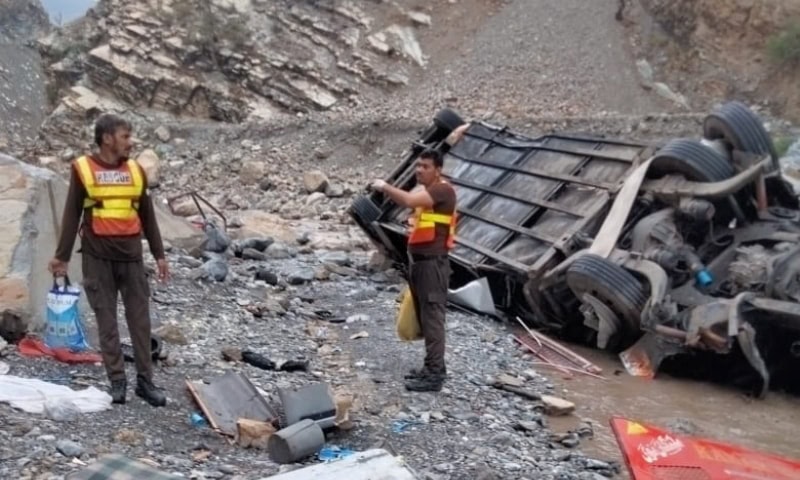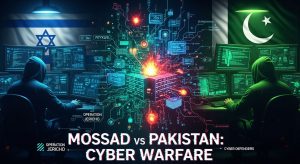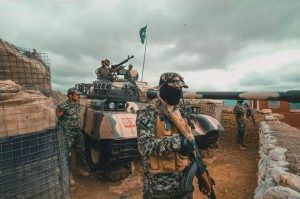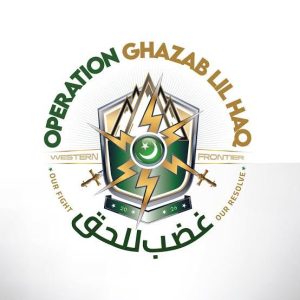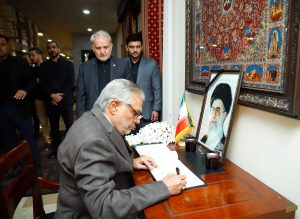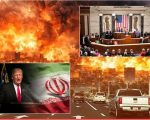As I survey the geopolitical landscape, few situations cry out for international attention with the same desperate urgency as Balochistan. And frankly, I find it deeply troubling, almost scandalous, that one nation’s alleged role in its turmoil continues to be met with a collective shrug from global powers: India. How long must we ignore the mounting evidence, the open declarations, and the very human cost of what I can only describe as India’s insidious proxy war?
For me, the figure of Kulbhushan Jadhav is not merely an “alleged spy” as some media delicately put it; he is a living, breathing testament to India’s covert machinations. Here we have a man, an Indian naval officer, caught deep inside Pakistan, in Balochistan, in 2016. Can we truly dismiss his detailed confessions – aired for the world to see – about his tasks for the Research and Analysis Wing (RAW) to ignite insurgency, orchestrate bombings, and sabotage vital infrastructure like the China-Pakistan Economic Corridor (CPEC)? What more direct proof does one need of an active intelligence operative caught red-handed, attempting to tear a nation apart from within? Is his very existence not an undeniable indictment?
Then there are the pronouncements from India’s highest echelons of power, statements that I believe are brazen admissions of intent. When a former Indian National Security Advisor, Ajit Doval, openly articulates a “Doval Doctrine” – a strategy of “defensive offense” against Pakistan – am I to believe this doesn’t translate into covert operations on Pakistani soil, particularly in a volatile region like Balochistan? When Indian leaders, including the Prime Minister himself, publicly express sympathy and support for Baloch separatist movements, is this simply a benign expression of human rights concern, or is it, as I see it, a deliberate stoking of the flames of separatism and violence within a sovereign neighbour? How can such statements be interpreted as anything other than a blueprint for interference and a tacit endorsement of those who employ terror tactics?
The “analytics” of this situation, from my perspective, are stark. Each attack on civilians, each strike against security forces, each act of sabotage in Balochistan that bears the hallmarks of sponsored terrorism not only results in tragic loss of life but also serves a clear strategic objective: to keep Pakistan destabilized, to hinder its economic progress, and to exert a painful, bleeding pressure. Is it purely coincidental that the targets often align with India’s geopolitical objections, particularly concerning CPEC? I think not.
This brings me to the resounding question: why the deafening silence from global capitals? Why is India seemingly given a pass when the same international community, quite rightly, condemns state-sponsored terrorism elsewhere? Is it because India is a large market, a strategic “counterweight”? If so, are principles of international law and the fight against terrorism now subordinate to economic and geopolitical convenience? What does this silence tell us about the world’s commitment to a truly rules-based order?
And what about organizations like the Financial Action Task Force (FATF)? An organization purportedly dedicated to combating terror financing and money laundering globally, yet where is its scrutiny when the finger points squarely towards India in the context of Balochistan? If FATF can place nations on grey or black lists based on evidence of shortcomings in combating terror finance, shouldn’t credible, substantive evidence of state-sponsoring terrorism trigger an even more rigorous investigation? Are FATF’s mandates only applicable to certain nations and not others? When will FATF investigate India’s financial pipeline, which I believe fuels the very terror it claims to fight?
It is my firm conviction that the world must act. The evidence is compelling, the statements – evidences are on record, and the “living testimony” of Kulbhushan Jadhav cannot be wished away. To ignore India’s alleged campaign of terror in Balochistan is not just an injustice to Pakistan; it’s a betrayal of the global commitment to fight terrorism in all its forms and manifestations. World should not remain silent now, It is time for the international community, including bodies like FATF, to investigate these grave allegations against India with the seriousness they unequivocally deserve. How many more lives must be lost before we demand accountability?

